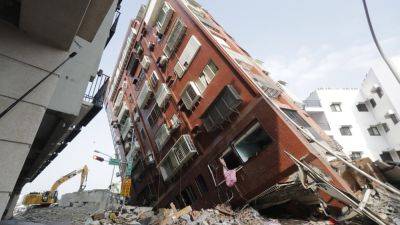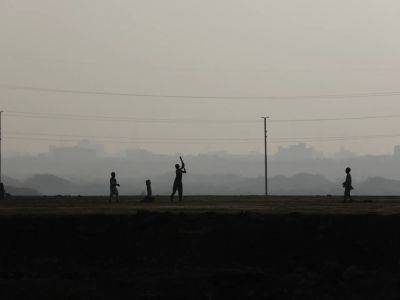Asia feels the pinch of growing ‘food chokepoints’
In recent years, global food security has suffered from overlapping crises caused by conflicts, geopolitical tensions, climate change, and the Covid-19 pandemic, resulting in severe food supply disruptions.
These disruptions have been accentuated by several “food chokepoints” such as in the Red Sea where Yemen-based Houthi fighters have attacked merchant ships and caused uncertainty in food shipments via the Suez Canal.
The shipping traffic through the Panama Canal has decreased due to drought which also hit river transportation systems such as the Mississippi River and the Rhine River.
As the global food system is already increasingly dependent on the movement of food from a few major “breadbasket” exporting regions to food-deficit areas around the world – often through these “food chokepoints” – the reliance on specific shipping routes intensifies the pressure on global food security.
It also impacts agricultural product competitiveness, delivery schedules, as well as food availability and prices. Longer shipping durations also put perishable foods at risk, while shipping disruptions such as changes to shipping schedules strain cargo handling and road transport sectors, causing major delays.
What this means for Asia
For both food-exporting and importing countries, challenges loom. Exporting countries may face profit margin pressures, which reduce the prices for producers while importing countries grapple with potential increases in transportation costs, which lead to higher food prices, greater price volatility and altered consumption patterns.
Southeast Asia, East Asia, and South Asia face heightened vulnerability due to their reliance on European and Black Sea markets for key agricultural products and







